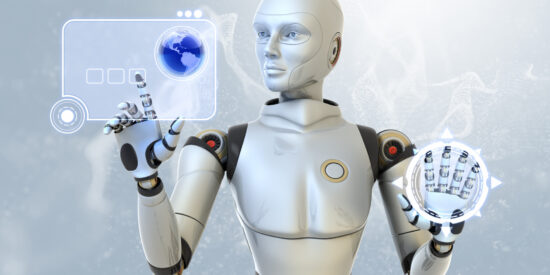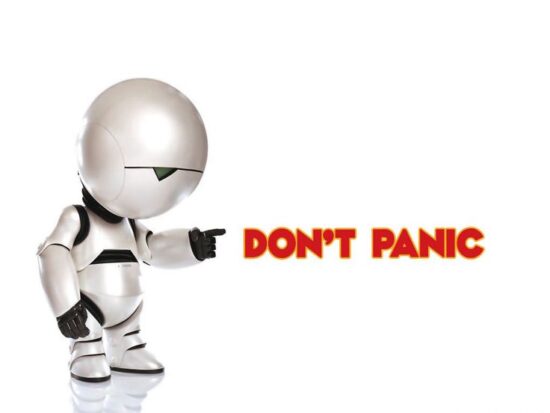Reviewing last year’s AI-related forecasts
As usual, I made some forecasts this time last year about how AI would change, and how it would change us. It’s time to look back and see how those forecasts for 2018 panned out. The result: a 50% success rate, by my reckoning. Better than the previous year, but lots of room for improvement. Here are the forecasts, with my verdicts in italics. 1. Non-tech companies will work hard to deploy AI – and to be seen to be doing so. One consequence will be the growth of “insights-as-a-service”, where external consultants are hired to apply machine learning to...








